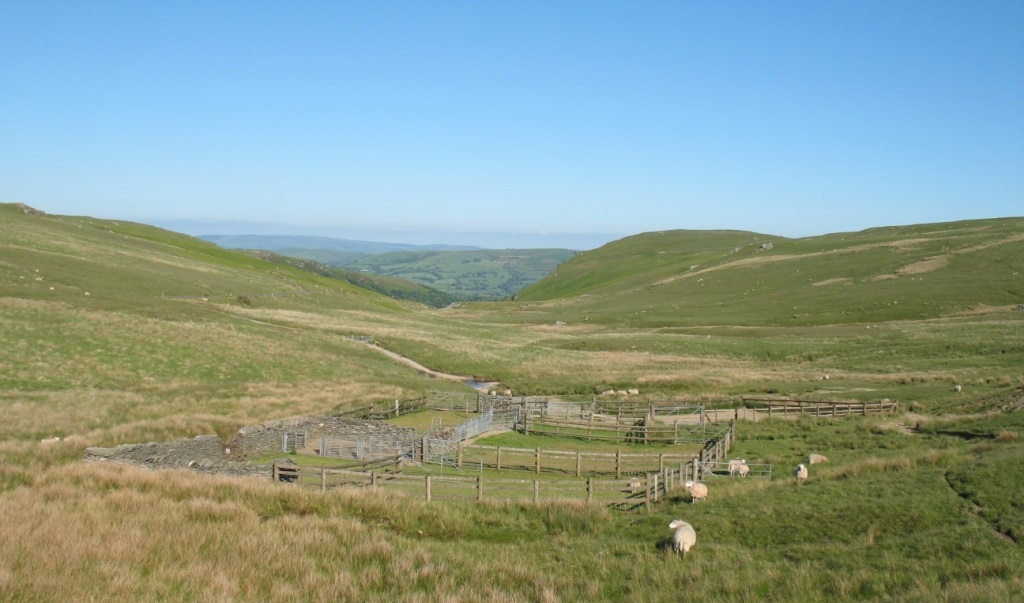
For the first time in 47 years, the public can now claim ‘lost’ commons in Wales.
The Welsh Government has brought into force legislation which ensures that any commons which failed to make it to final registration under the Commons Registration Act 1965 can now be rescued.
Open Spaces Society, a campaign group focused on national conservation, said they are 'delighted' at the development, which will enable people to record and protect their ‘lost’ commons.
Once common land is on the register, it potentially gives the public the right to walk and possibly ride there, and it has additional protection from development and encroachment.
The Commons Registration Act 1965 required all commons to be registered but only allowed three years for this to be done. Some commons which were provisionally registered were subsequently struck off on spurious grounds.
Now, the Welsh Government has implemented part 1 of the Commons Act 2006 which enables anyone to apply to their unitary authority (the commons registration authority) to register land which was wrongly struck off, provided it satisfies certain tests to show that it was originally provisionally registered and still is common land.
'A lot of public benefit'
Open Spaces Society case officer Nicola Hodgson said the organisation is encouraging people to claim their commons.
"It is well worth claiming commons because once land is registered we win the right to walk there (if it has not already been mapped as access land under the Countryside and Rights of Way Act 2000) and there may be new rights to ride too. Furthermore, the land is protected from development and enclosure.
"The application for registration is made to the unitary authority and the applicant must submit evidence to show that the land was open, uncultivated and unoccupied at the date of the application.
"The law is already in force in parts of England. In Cornwall, where it has been in force since 2008, there have been many successful applications with a lot of public benefit.
"We recommend people to study the commons registers held by their commons registration authority and note any provisional registrations which did not become final. These commons are potentially registrable."
